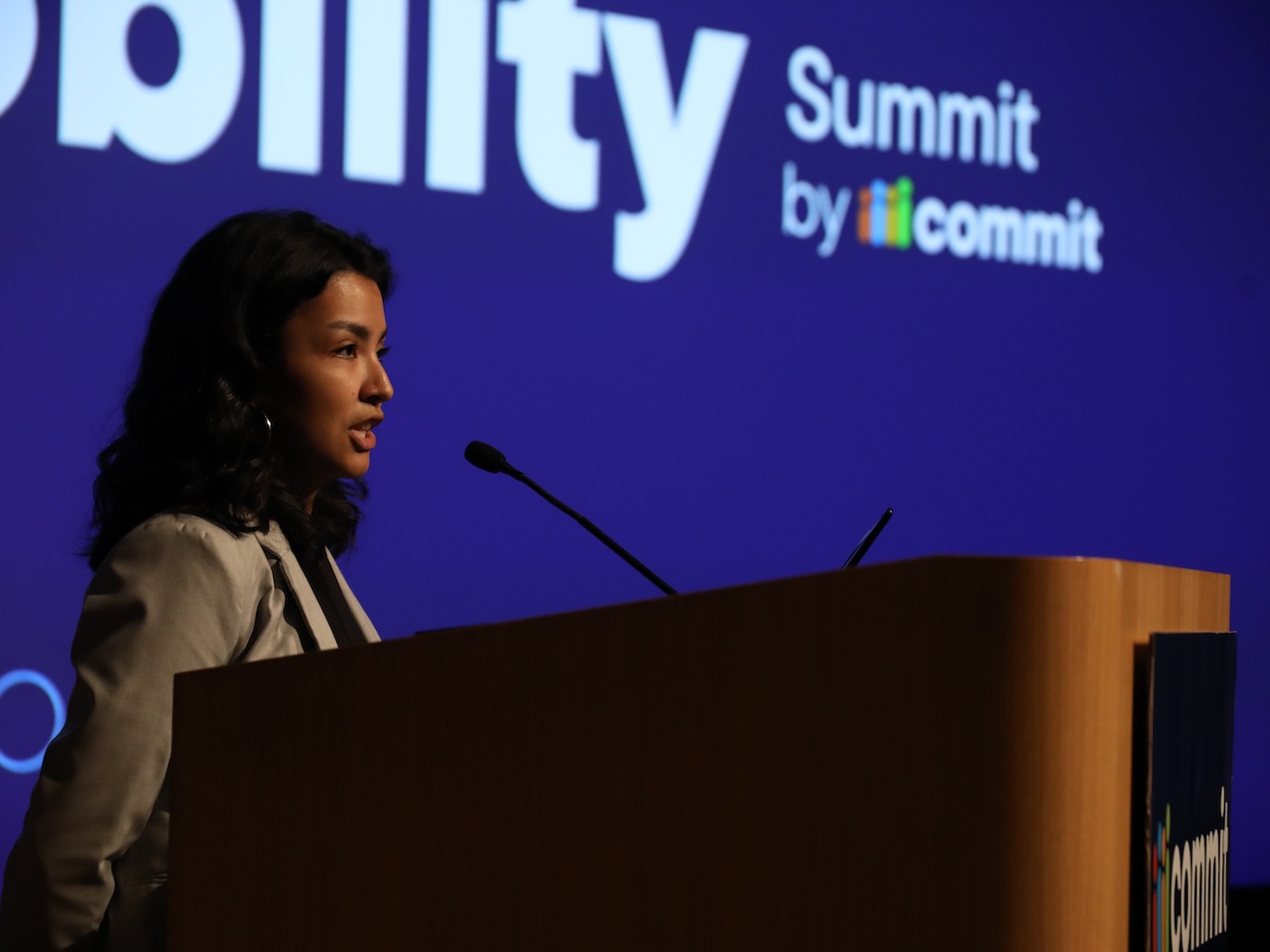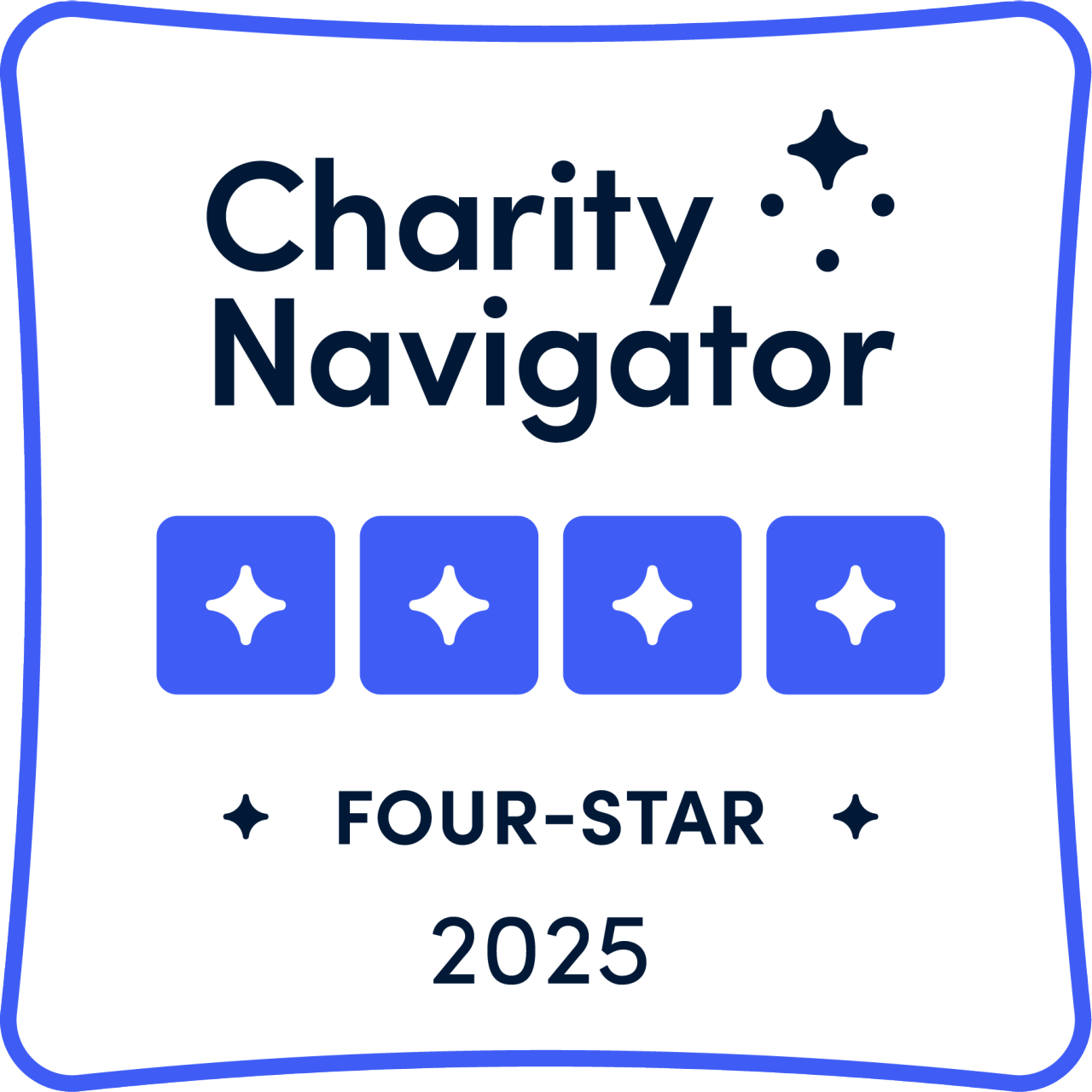Dr. Jeannie Stone Tapped to Lead New Dallas County Learning Community
.jpg)
.jpg)


Dr. Jeannie Stone knew she wanted to be a teacher since she was a fourth grader at Mesquite ISD. Inspired by her 10th grade English teacher, she became one too – teaching high school English at Dallas ISD. From there she was asked to lead, moving through the ranks from an assistant principal position within Mesquite ISD to ultimately becoming the Superintendent at Richardson ISD. Despite these various positions, she always maintained her perspective as a classroom educator – what she calls her “teacher eyes.”
On August 31, she wrapped up 33 years working directly in public schools. Now as the Commit Partnership’s Superintendent-in-Residence, Dr. Stone will apply her “teacher eyes” to a new set of tasks impacting all of Dallas County’s 500,000 students in the K-12 system.

As Superintendent-in-Residence, Stone will lead the newly-formed Dallas County Learning Community (DCLC) – a robust collaboration of area public school districts highly focused on continuous improvement to help the region exceed state growth in both academic achievement and living wage opportunity. Thanks to this new forum, Dallas County superintendents will be able to convene even more regularly and work together to solve the biggest challenges facing our students. As Stone said, “I'm most excited about bringing the districts together because I just know that together we're better. And I've seen so much evidence of that– my entire career [has been] bringing people together and creating buy-in for common outcomes.”
Data will be a key element of the learning community’s work. By shining a spotlight on best practices in the Dallas County community and revealing what is working (and what’s not), data can help drive concrete change for our students. As Stone put it, “I think that a story is data with a soul. But sometimes I couldn't move things across the finish line [as Superintendent] with just the story. Commit was providing me the data. So I'm excited to be a part of it.”
The learning community will tailor its focus on six key areas affecting student achievement, handily broken into the DCLC mantra: TP38CL. Each letter or number represents a critical marker in a student’s journey: “Teacher eyes” (a reminder to view each decision through the eyes of a teacher), pre-K enrollment, third grade reading, eighth grade algebra, college, career, or military readiness (CCMR), and living wage attainment. For an in depth look at how many young people in Dallas County are currently meeting these benchmarks, check out the 2021 Dallas County Scorecard here.

Stone’s goal is for all Dallas County educators, regardless of subject area, to see each of these indicators as important and interrelated. She explained, “If you can get everybody to understand the importance of pre-K, if you can get everybody to understand the importance of living wage attainment, and then all the things that fit in between, then we'll move outcomes.” Dallas County school systems are already doing important work to drive economic mobility, and Stone aims to continue fostering this crucial mindset shift.
There is a lot of work ahead, and Stone is eager to get started. “I'm retiring [from public school] on August 31st, which is a big deal for me. But this position [will have an] even bigger impact because I get to take my experiences and have an impact across a county that educates 10% of Texas and 1% of the nation” she said. “I still have that same passion, but now I get to extend that across the whole county that raised me and that I love.”




.jpg)




.avif)